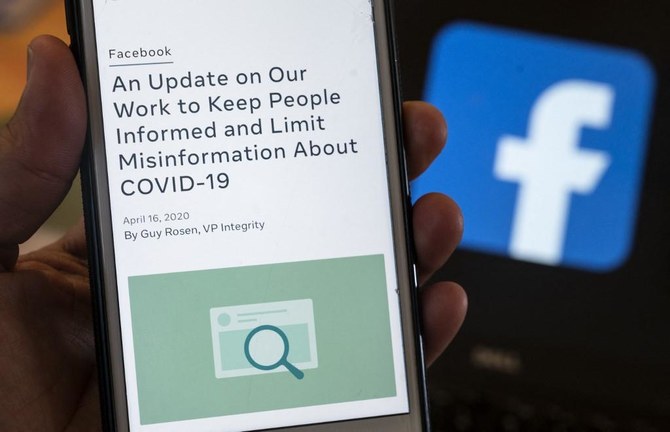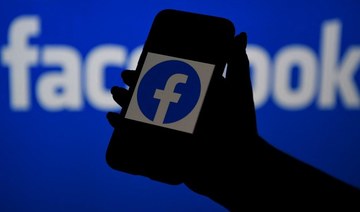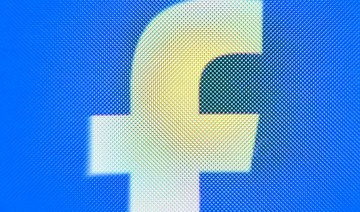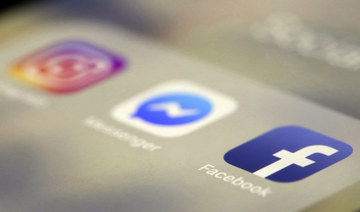NEW YORK: Facebook Inc. is no longer removing posts that claim the coronavirus that causes COVID-19 was man-made amid renewed debate over its origins.
“In light of ongoing investigations into the origin of COVID-19 and in consultation with public health experts, we will no longer remove the claim that COVID-19 is man-made from our apps,” said a Facebook spokeswoman in an emailed statement.
“We’re continuing to work with health experts to keep pace with the evolving nature of the pandemic and regularly update our policies as new facts and trends emerge.”
The rule change, first reported by Politico, comes as US President Joe Biden announced he has ordered aides to find answers to the origin of the virus. He said on Wednesday that US intelligence agencies are pursuing rival theories potentially including the possibility of a laboratory accident in China.
Social media companies have faced pressure to combat health misinformation on their sites during the pandemic. Facebook has said it has removed more than 16 million pieces of content from its apps for breaking rules on COVID-19 and vaccine misinformation.
The company announced in February that it had expanded the types of claims it would remove from its platforms, including that the virus was man-made.
The Facebook spokeswoman said the company regularly updates the list of claims it removes based on the advice of health experts.
COVID-19 has killed more than 3.6 million people worldwide. The first reported cases emerged in the central Chinese city of Wuhan in late 2019 but the origin of the virus remains contested among experts.
Earlier this week, US government sources said a still-classified US intelligence report circulated during former President Donald Trump’s administration alleged that three researchers at China’s Wuhan Institute of Virology became so ill in November 2019 that they sought hospital care. The source of that early intelligence or how reliable US agencies rate it is not known.


























